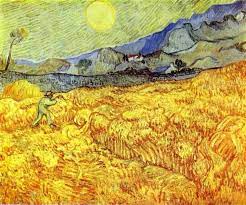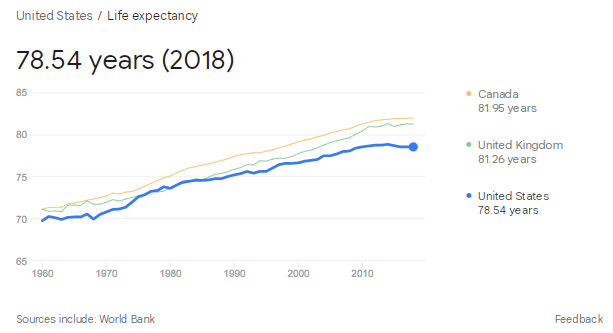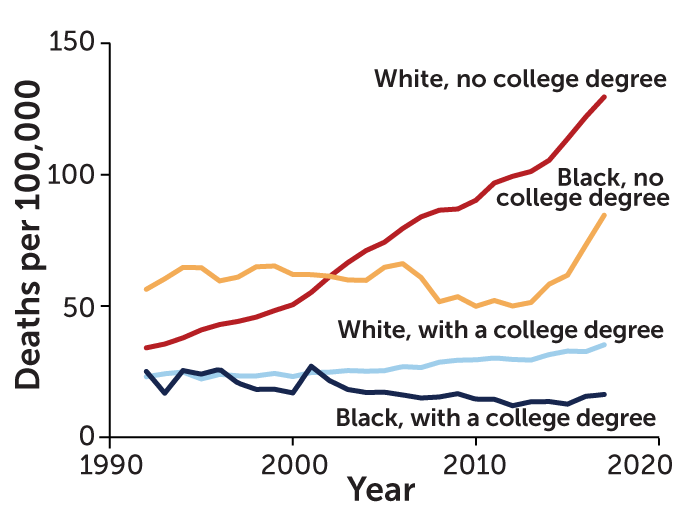The Mind Creates Reality: How Belief is Good for You
Humans wander through a world filled with very real objects, but are constantly confronted by the pernicious problem of consciousness: perception is not a high fidelity recreation of what is - it's just the best impression we have of it. Rather than experiencing the world through direct contact, our awareness is separate from the objects it considers. Instead, it relies on electrical signals that spread away from the point of contact. These signals are integrated by the brain into the mind - your collection of thoughts, feelings, and beliefs. But this process is deeply imperfect - it only takes into account only a shadow of all that exists and occurs in a given moment.

Under normal circumstances, the brain’s processing is good enough. Sensory signals are parsed into action directives, and the remaining ambiguities that remains can be clarified through language - "Did you see that?" or "Hey what happened?" But under the surface of a functional day-to-day, there remains a difficult truth: the human brain isn’t very good at ascertaining objective reality.

That there isn’t one version of reality is pretty obvious these days on Earth. A few minutes on the internet or reading the news makes it obvious that folks are having wildly different experiences despite apparent similarities in their physical existences. One surprising area where this really seems to matter is in the world of healthcare and healing.

On one hand, medicine is the shining achievement of modern humans. The technological ability to treat disease - disorders of the structure and function of the physical body - has never been greater. And yet, life expectancy for some of those living in the world’s richest countries keeps creeping downward.

Researchers aren’t exactly sure exactly why that is. Like any good scientists, they’ve offered up many possibilities: the opioid epidemic, obesity, demographic inversion, COVID and associated stresses- the list goes on and on - it’s likely that these all contribute. But the people living longer and those dying sooner share an objective physical reality: they wake up in the morning and go to work, raise their kids, spend time with their friends. So why the very different outcomes?

Some scientists have suggested that it’s all about how people interpret and respond to the events around them. For instance, the UK’s Whitehall study followed 17,000 civil servants for a decade and found that those in lower status jobs died twice as often as those in administrative roles - even when controlling for a variety of risk factors. Princeton professors Anne Case and Angus Deaton named these the deaths of despair: the hopelessness of economic hardships might be lethal.

What’s becoming increasingly clear is that the physical world - your body and its environment - is only half the human story. The other half is all about assessment, reaction, and what you will into occurring. This is a story of medicine, the mind, physical reality, unreliable perception… and at the end, all about the good, the bad, and the ugly of what science has to say about the power of belief.
Check out the full ep here: